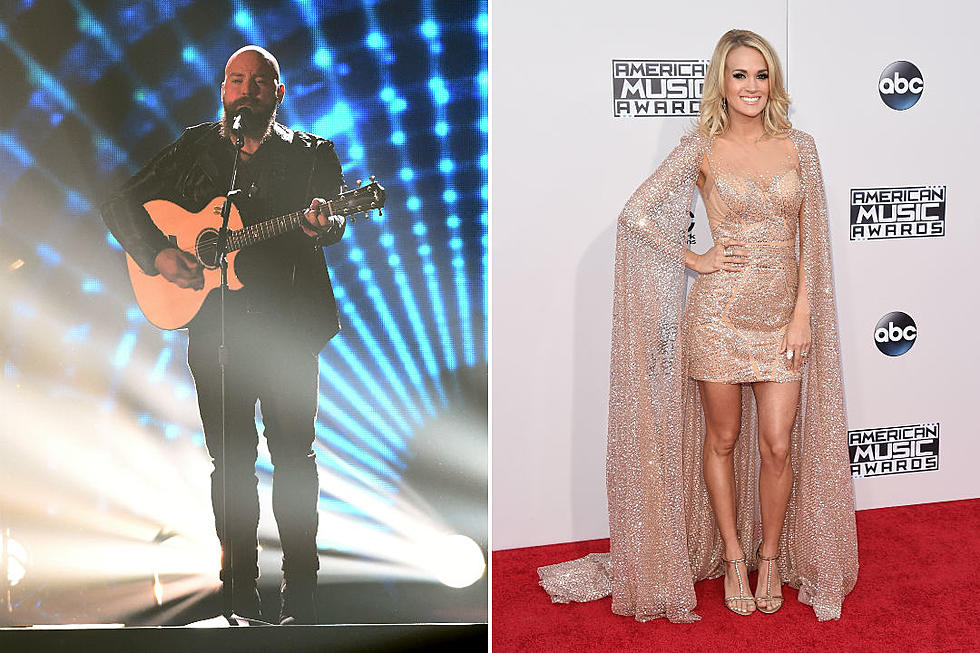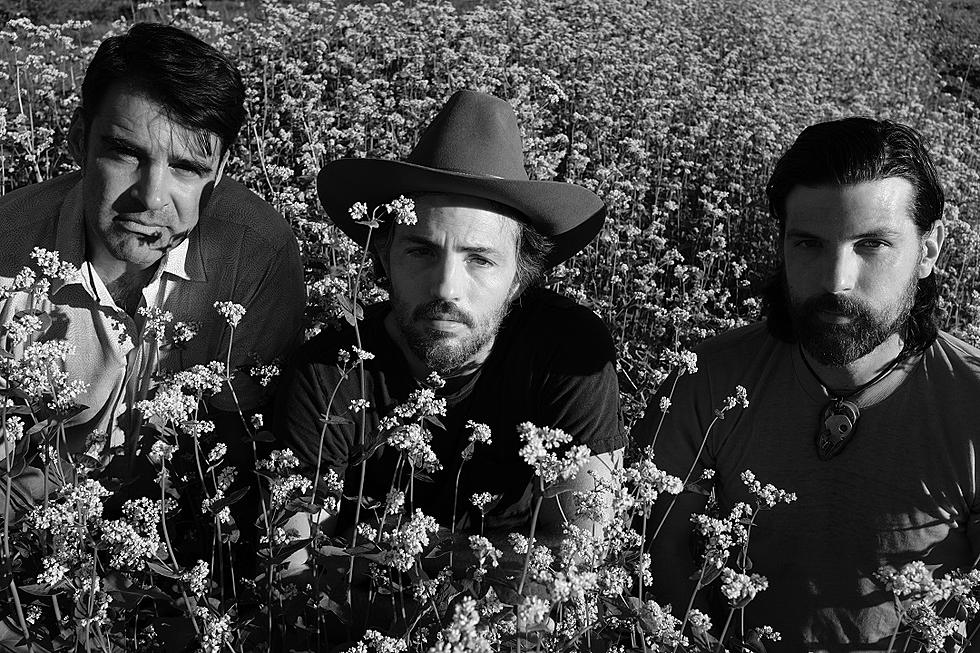
Interview: The Avett Brothers Contrast Cultural Commentary With Inner Reflection on ‘Closer Than Together’
Back when they announced the release of their new album, Closer Than Together, the first thing the Avett Brothers shared with fans about the project was its mission statement. From the jump, the messaging was at the forefront: The group presented the record not as a piece of sociopolitical commentary, but rather as an expression of the conversations going on between the bandmates, and their relationship with both the world around them and the world inside their heads.
Closer Than Together's songs address hot-button political issues -- "Have you ever had a gun pointed directly at you? / And there isn't any doubt that it's loaded and ready to go? / Well, I have twice, and I don't recall any heroes on the scenes," sings vocalist Seth Avett in "Bang Bang," a track that tackles gun violence in America -- but Seth's bandmate and brother, Scott Avett, says that a scorched-earth condemnation of painful current events isn't exactly the point of the album. Rather, it's meant to highlight large-scale contrasts and differences between people, and hopefully find some unity at the bottom of it all.
"If you just say the word 'gun,' that one word actually causes a divide, and that's something I'm very skeptical, very careful, with," Scott tells The Boot. "["Bang Bang"], in no way does it say, to me, 'Guns should be removed from people, period.' I own guns. I have a handful of guns. Growing up, I witnessed responsible relationships with guns."
"Unity is very, very important to me. That is what I believe my job is, to be part of something that unifies people." -- Scott Avett
Rather than put forth an opinion, the songs on Closer Than Together (out Friday (Oct. 4)) seek to document the pain and exhaustion of living in a country addled with gun violence and divided by politics.
"Unity is very, very important to me," Scott adds. "That is what I believe my job is, to be part of something that unifies people. So I want people to know, this is not, 'Hey, you do this and that means you're this kind of person.' Anything that leans that way or suggests that, I am wary of it."
Part of what helped the Avett Brothers avoid polarizing language on the project, Scott goes on to say, was embracing the natural contrast between himself and his brother. Seth Avett's contributions to Closer Than Together trend more toward discussion of the outside world -- tracks such as "Bang Bang," "We Americans" and "New Woman's World" -- while Scott's participation reflects his penchant for visual art, and a conversation with the inner self and with God.
"I didn't write the words to "We Americans." I don't think I would even be capable of writing a song that well-grounded in history, because I don't pay attention to history as well as Seth does," Scott explains. "I'm visual. I pay attention to art. Not that Seth doesn't -- I'm just not as well-read."
The Scott Avett-penned "Tell the Truth," for example," is "a song about, 'Well, where do I start? How do I start to change things?'" he muses. "The only thing I can do is with me."
"So that part is the balancing part of this record, which is, I think, on the surface very detached from the political conversation," Scott adds. "It's an individual conversation. It's a reflective, spiritual conversation."
It may seem as though Closer Than Together is about two opposite things, but in reality, it's about two contrasting sides of the same coin. "But that's what happens with Seth and I," Scott points out. "The contrast is what makes us. It totally is."
That contrast became a central message when Scott -- a visual artist as well as a musician, who has designed album covers for the Avett Brothers in the past -- set out to create Closer Than Together's album artwork. "Within us, internally, those differences -- and, at times, straight-up disagreements that we've had -- we're still adjusting and changing with them. There's oneness with that," he reflects. "We can reflect a light from our own disagreement, and [how we] achieve unity through our disagreements. We can exemplify unification.
"So for the cover, I was thinking, 'Well, I need to put us together. But what's closer than together?'" he continues. "Do we overlap? Do we mesh? Do we stack? And then I went through the thought of, 'Closer than together equals what? Oneness.'"
The color scheme further reflect this dynamic of togetherness despite external differences. "It's as far as you can get, this stark black and kind of antique white," he says. "I was like, 'This is great. It has all these elements.'
"It's easy to apply to America, because that's the conversation going on right now," Scott adds, "but if you take it even further, it's also bigger than America will ever be."
50 Country Songs Everyone Must Hear Before They Die
More From Big Cat - WBKT-FM



![The Avett Brothers Cover ‘This Land Is Your Land’ to Show America Is for Everyone [WATCH]](http://townsquare.media/site/623/files/2020/11/the-avett-brothers.jpg?w=980&q=75)
![The Avett Brothers’ ‘I Go to My Heart’ Makes a Promise [WATCH]](http://townsquare.media/site/623/files/2020/08/the-avett-brothers-i-go-to-my-heart-listen.jpg?w=980&q=75)
![The Avett Brothers Try Their Hardest in New Song ‘Victory’ [WATCH]](http://townsquare.media/site/623/files/2020/07/the-avett-brothers-victory.jpg?w=980&q=75)




